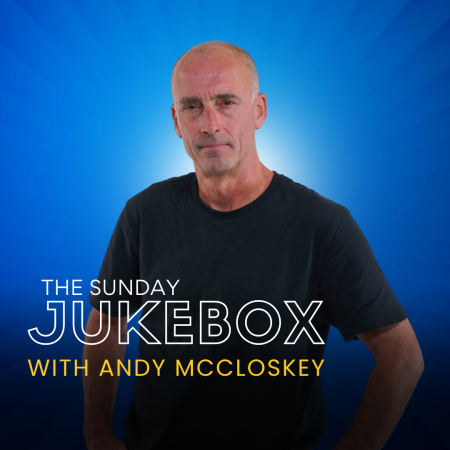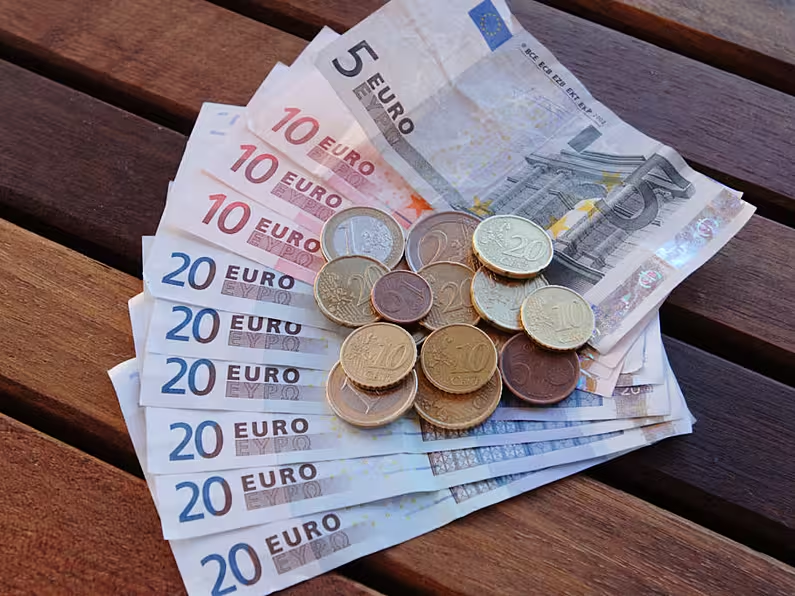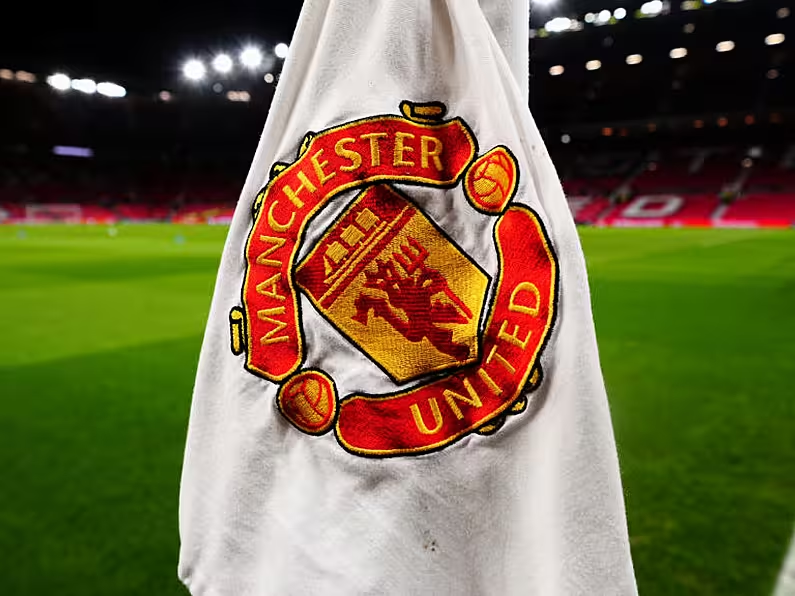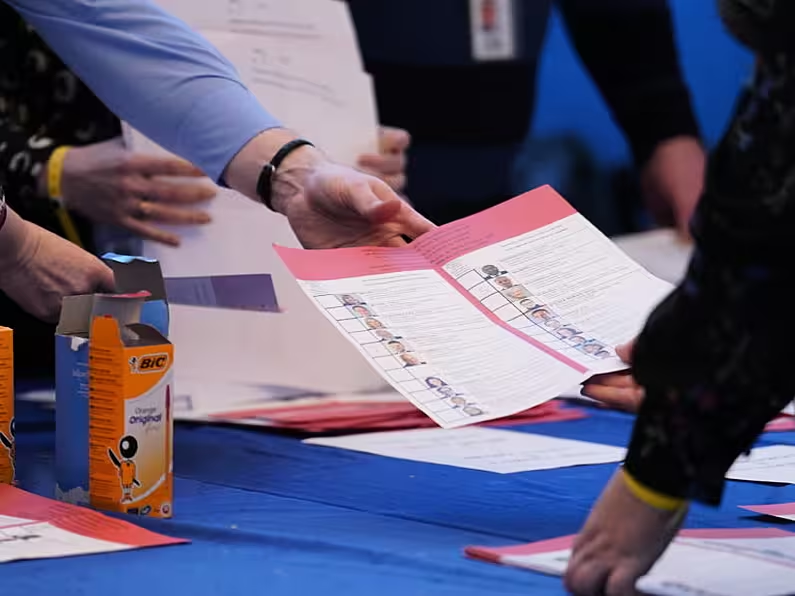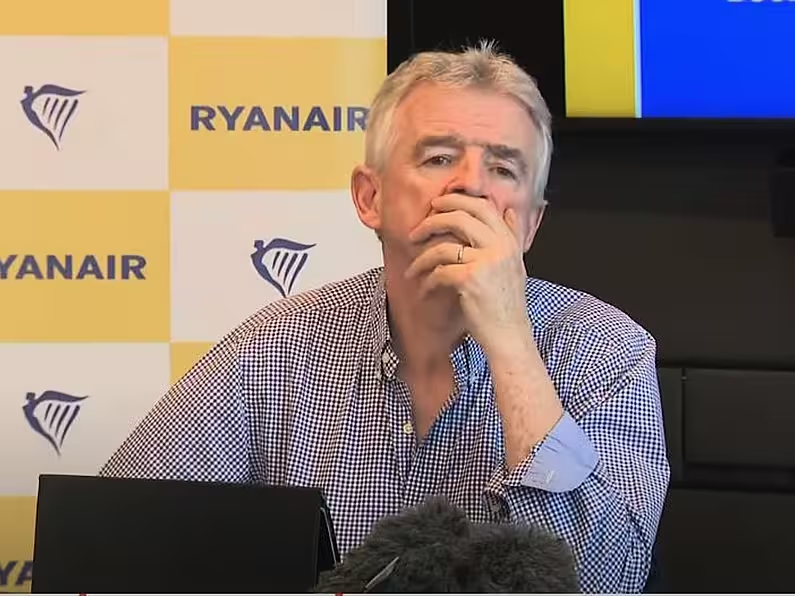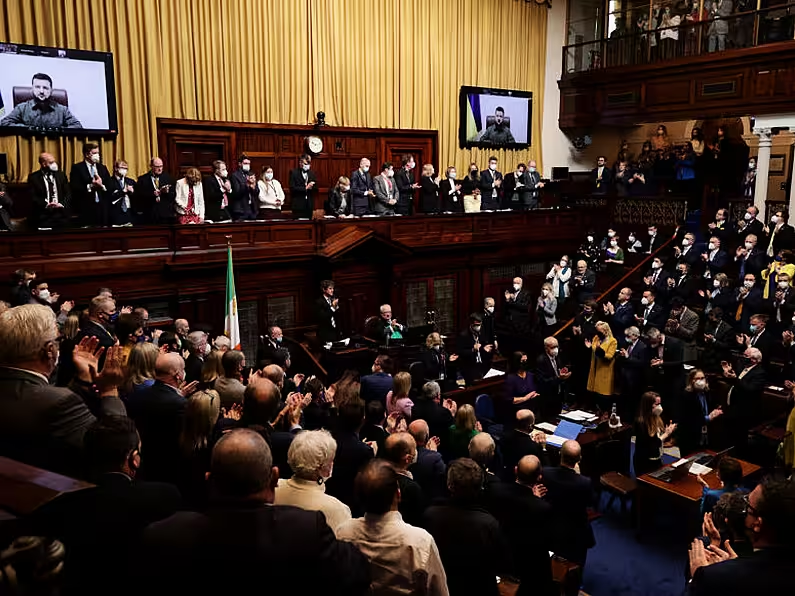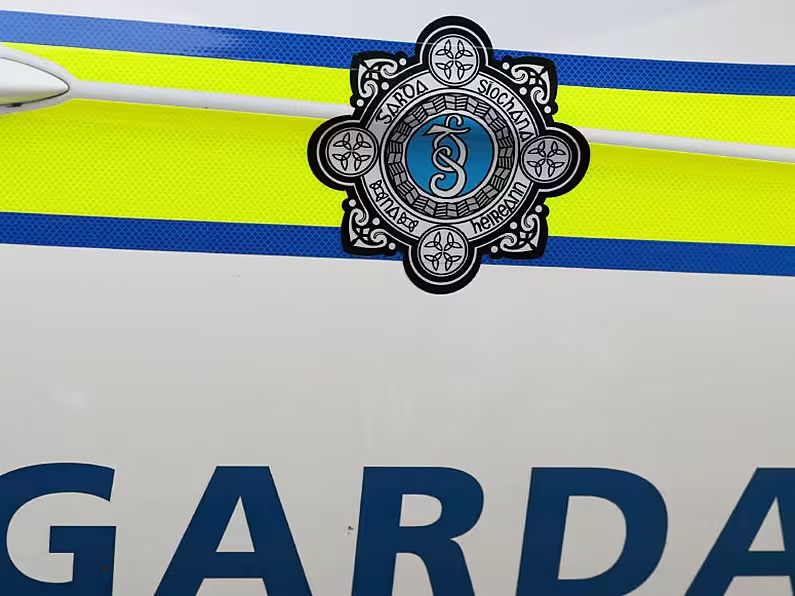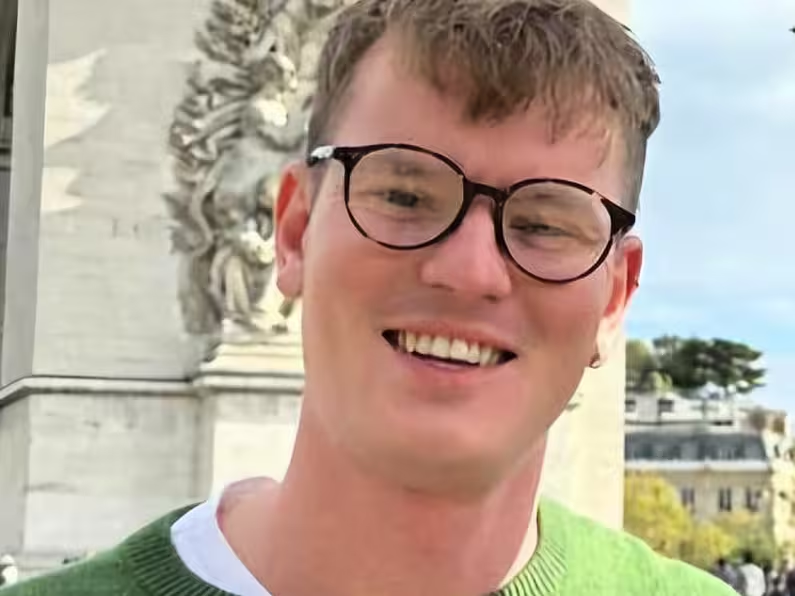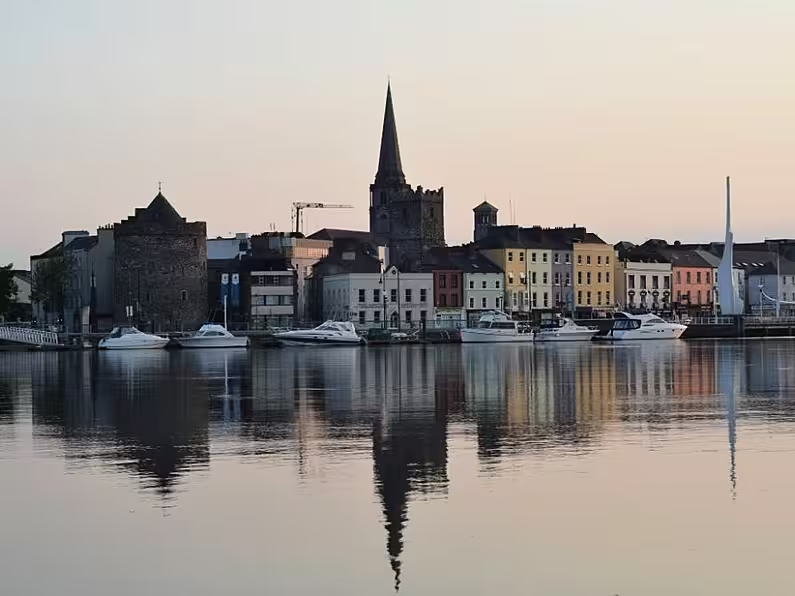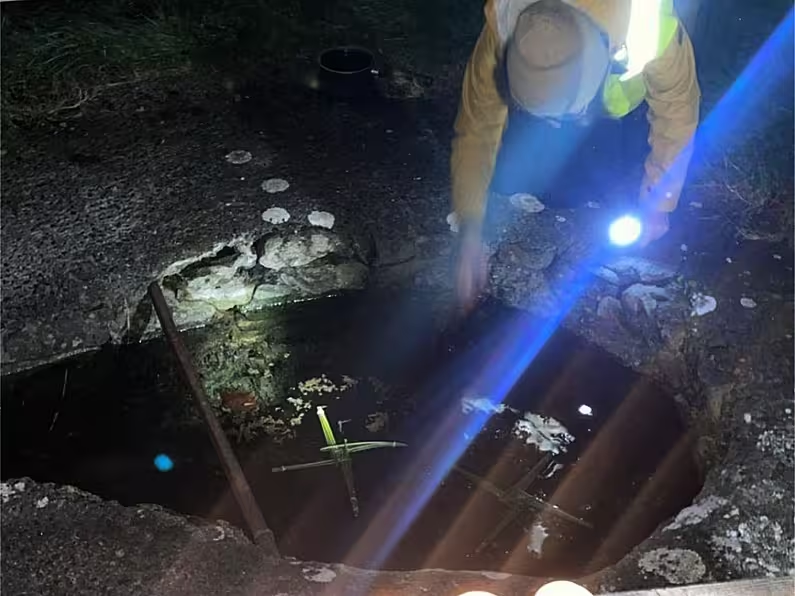The Pandemic Unemployment Payment (PUP) is a social welfare payment for those who have lost all their employment due to the Covid-19 crisis.
The Government has announced plans to phase out the payment, first introduced in March of 2020, in a bid to facilitate post-pandemic economic recovery.
Here is everything you need to know about when the payment will be cut, and by how much.
When will the payment be cut — and will it stop altogether?
Taoiseach Micheál Martin has confirmed that the PUP will be maintained at its current rates for workers until September, before a "gradual reduction" takes place over the remainder of 2021 and the first quarter of 2022.
Under the Government plans, a reduction in PUP rates will start in September to bring them in line with the pre-pandemic social welfare system.
It is understood PUP rates will drop in September and November, before the payment is completely phased out by February 8th next year when the last payments are made.
Pre-pandemic social welfare payments will remain available.
How much will the PUP be reduced by?
It is understood that the various rates of the PUP will be reduced by €50 increments over each stage.
September will see those on the highest PUP rate, €350 per week, cut to €300. Those receiving €300 per week will drop to €250. The lowest rate, €250 per week, will come into line with the jobseekers’ allowance of €203.
In the following phase, the €250 rate will also be brought down to €203, while those on €300 will fall to €250.
In the final phase, all recipients will be put on €203 per week.
What if I lose my job in the future?
It is understood that the PUP could be closed to new entrants as soon as July.
Pre-pandemic social welfare payments, such as jobseekers’ allowance, will still be available.
What about other economic supports besides the PUP?
The Taoiseach has also confirmed that the Emergency Wage Subsidy Scheme (EWSS) will be extended until the end of the year.
Mr Martin said businesses may apply for enhanced reopening payments during July, August and September, adding that the Government was broadening eligibility for the scheme so that it could benefit more firms.
Tánaiste Leo Varadkar confirmed that the commercial rates waiver will be extended through the third quarter of the year, while the nine per cent VAT cut will remain in place until September 2022.
Why has the Government made this decision?
Speaking before the Government announcement, Minister for Public Expenditure and Reform Michael McGrath said that it was not fair that people who lost their job in early 2020 were receiving less on “normal” social welfare than those on the PUP.
“We have to be fair to everybody,” he told RTÉ radio’s Morning Ireland on Tuesday.
Mr McGrath said pandemic-related payments were a significant cost to the State and the Government wanted to help people to return to work.
He said the number of people on the PUP was expected to fall significantly in the coming weeks as businesses reopen, with 25,000 to 30,000 people coming off the payment each week.
Has there been backlash?
Opposition politicians have slammed the proposed phasing out of the PUP.
Sinn Féin spokesperson on finance Pearse Doherty accused the Government of “pulling the rug” from under people with their plans to reduce the payment by €50 per week from September.
Mr Doherty told RTÉ radio’s Morning Ireland that there was “a moral obligation” to support those who could not go back to work because of public health guidelines.
Not everyone would be able to go back to work in September due to public health restrictions, he said. Workers in aviation, event management, hospitality and other sectors would still be restricted from returning to work.
This blatantly ignores the reality for thousands who make their livelihoods from the retail or aviation or hospitality or leisure or arts sector
Labour employment affairs spokesperson Senator Marie Sherlock said the Government was “disconnected from the reality of workers and their families clinging on throughout this pandemic.”
“This blatantly ignores the reality for thousands who make their livelihoods from the retail or aviation or hospitality or leisure or arts sector,” she said.
“We know there are structural permanent changes taking place in the retail sector, the aviation sector will take years to recover if at all while many in the arts sector will have missed the traditional summer boom period and will be facing into a second very bleak winter.
“This move will hit young workers in particular because we know that the reopening of the economy does not necessarily mean they will get their jobs back.”
How many people will this affect?
The number of people claiming PUP has dropped to 309,000, according to Minister for Community and Rural Development Heather Humphreys.
She said the figure is now down approximately 100,000 since the economy began to partially reopen, and said it reflected the number of people who have gone back to work.


